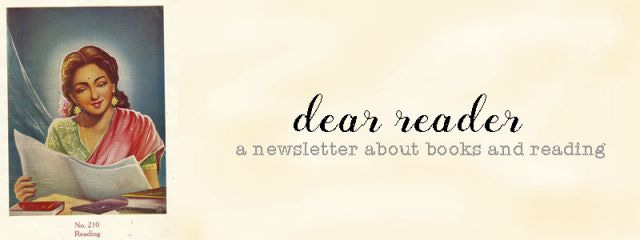Cheers to Saraswati

Pujas (and religious rituals in general) are not my thing, but legends are. When I was a child, I used to wonder about Saraswati. She seemed placid in the family photos of Durga that we'd see during the Pujas. Next to the rest of her family, the white-white-white goddess seemed bland. Ganesh looked giggly, Kartik looked pouty, Lakshmi gleamed and Saraswati looked like the good girl. That, perhaps, is what happens when the ones sculpting you don't have your stories swirling in their memory as they sculpt and paint you into existence.
Still, there were things that were intriguingly lovely about Saraswati — stories of legendary Muslim musicians like Baba Allaudin Khan lovingly celebrating Saraswati Puja every year; the hers was the idol that would not be immersed in the river but kept at home for years; that my otherwise straight-and-narrow-path uncle would go around stealing books from libraries and justify it as, "Saraswati can't be stolen", as though the goddess made him booklift. I encountered scraps of Saraswati's stories when I grew up, and I fell in love. She was nothing like what her images had made me imagine as a child. She was angry, belligerent and outspoken. Her white wasn't a paleness, but a blinding flash of brightness. Reading and hearing stories, like how she reacted to Brahma's lust and attempts to control her and the way she dished out curses to even Vishnu and Mahadev when they sided with Brahma, I realised Saraswati was also a goddess of rebellion. And now, here I am, imagining an army of Saraswatis.
Since I'm on the road, this week's newsletter is a) early and b) singularly short of book reviews because I haven't finished anything since last Tuesday. I suspect I'd get a glare from Saraswati for this, but she's welcome to find me a benefactor who will find me a hideaway and pay me for to only read and write. Organise that, madam, and there won't be a bookless newsletter leaving my email, goddess promise.
In the meanwhile, while I travel on awful roads and risk hernia, here are a few links. There's a superb essay on dystopias, the present and Philip K. Dick's literature. "In other words, we live in Philip K. Dick’s future, not George Orwell’s or Aldous Huxley’s. Dick was no better a prophet of technology than any science fiction writer, and was arguably worse than most. His imagined worlds jam together odd bits of fifties’ and sixties’ California with rocket ships, drugs, and social speculation. Dick usually wrote in a hurry and for money, and sometimes under the influence of drugs or a recent and urgent personal religious revelation.
Still, what he captured with genius was the ontological unease of a world in which the human and the abhuman, the real and the fake, blur together."
Also, this post on the psychological and neurological disorders in Alice in Wonderland. Cheerful, I know.
Were you excited when The Guardian announced Elena Ferrante was going to write a weekly column for them? I certainly was, but what a meh beginning this was. I'm still holding out hope that it will develop into something beautiful because of how tightly her Neapolitan quartet held me in its claws. If I had to pick favourites, I'd say the first two (My Brilliant Friend and The Story of a New Name). But this column really brings home how difficult it is to compose short pieces. You want to read about glorious first loves? Try Love in the Time of Cholera, Americanah and The Museum of Extraordinary Things instead.
If I can, I'll send out a proper edition of the newsletter on Friday, with lists and reviews. Otherwise, Dear Reader will be back next week. Thank you for reading.


